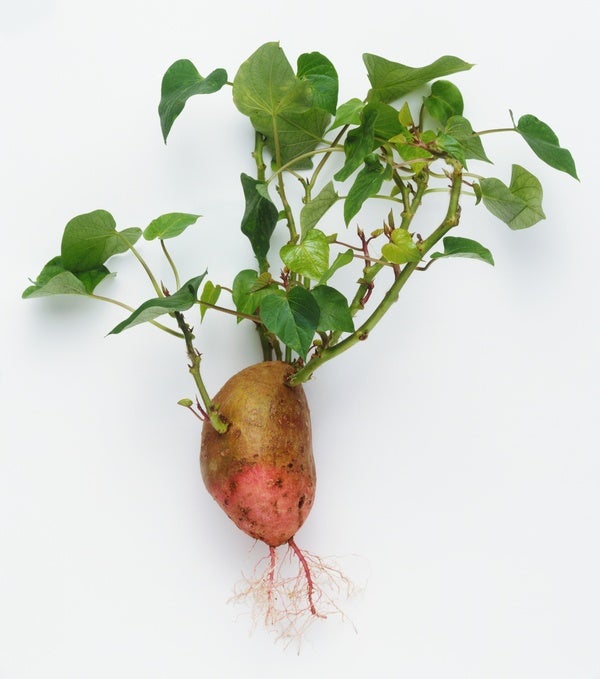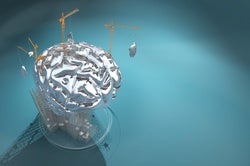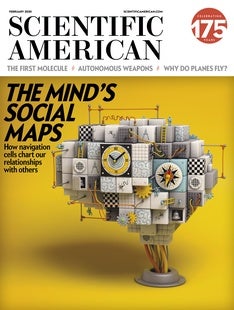 |
| January 24, 2020 |
Dear Reader,
A type of sweet potato emits a strong smell when its leaves are bitten by pests. The odor alerts neighboring plants to prepare for attack. New research tracks this intriguing defense mechanism. At Stanford University, scientists are using organoid models of parts of the human forebrain to study how gene activity drives neural development. Their findings could shed light on the origins of disorders such as autism and schizophrenia. And the latest on the deadly virus emerging from China: a second case of infection has been discovered in the U.S. The patient is a woman who returned to Chicago from Wuhan last week. |
| | Sunya Bhutta, Senior Editor, Audience Engagement
@sunyaaa | |
 |
| |
| |
| |
| |
| Biology Curiosity Killed the ... Mouse? The cat parasite Toxoplasma gondii boosts curiosity in mice—which makes them more likely to be caught by cats, thus continuing the parasite's life cycle. Karen Hopkin reports. |  | By Karen Hopkin | 03:40 | | | |
| |
FROM THE STORE
 | | | |
| |
FROM THE ARCHIVE
 | | Building a Brain in the Lab Scientists copy nature's most complex organ in the hope of solving the mysteries of brain disorders, from autism to Alzheimer's By Juergen A. Knoblich | January 2017 | | |
| |
LATEST ISSUES
 |
| |
| Questions? Comments?  | |
| Download the Scientific American App |
| |
| |



















Comments
Post a Comment